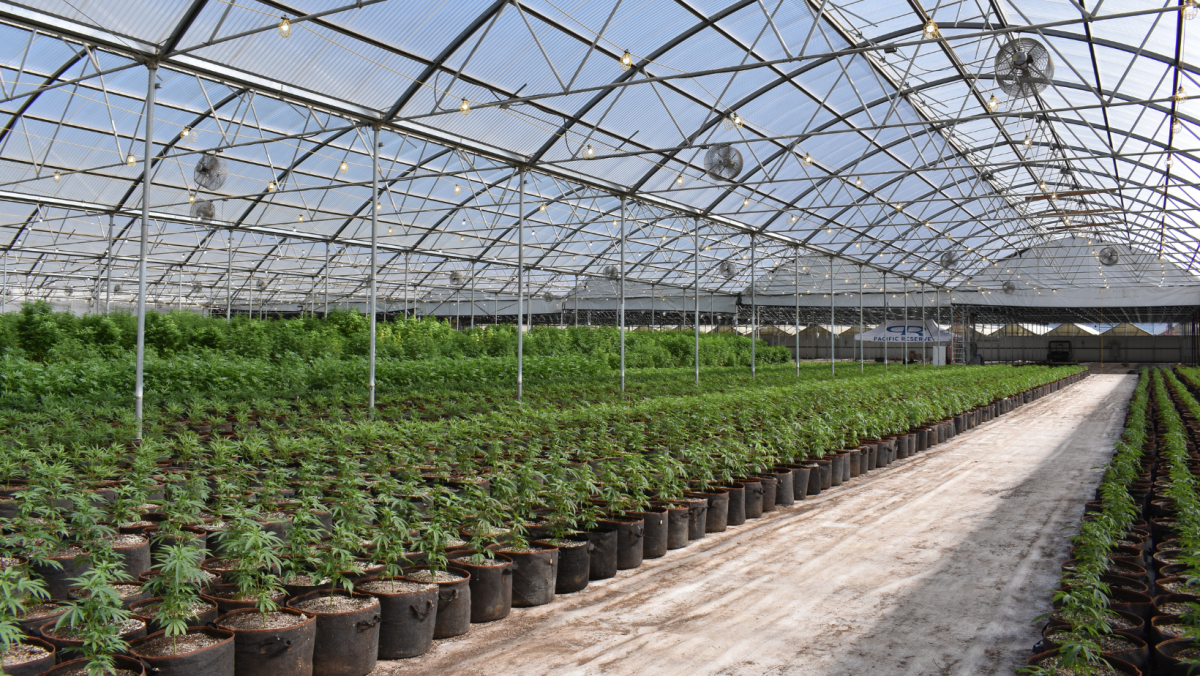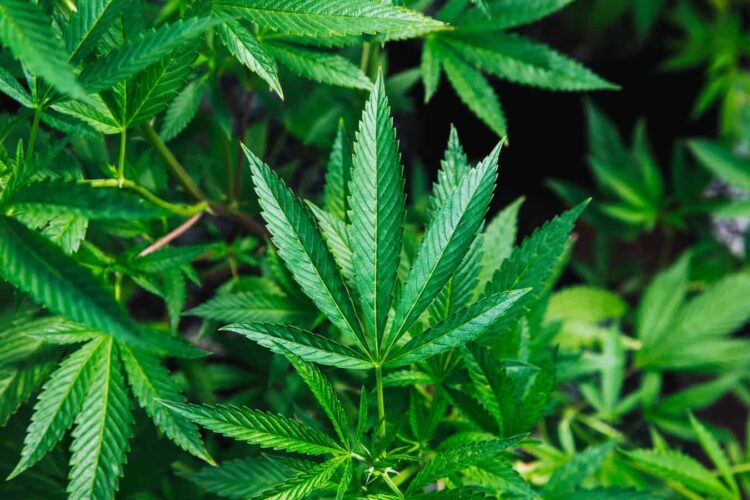Regulatory considerations in Canadian cannabis M&A

The Canadian cannabis industry is currently undergoing significant consolidation, both as a result of accretive transactions involving solvent counterparties, as well as the frenzy of distress mergers and acquisitions (“M&A”) emerging from the dozens of insolvency proceedings involving licensees (“LPs”) under the federal Cannabis Act (Canada) (“Cannabis Act”).
In both circumstances, mergers and acquisitions in the Canadian cannabis industry are subject to a wide range of regulatory frameworks due to the complexity of the sector and the engagement of numerous federal and provincial regulations. Navigating these regulatory requirements becomes a critical factor in M&A transactions as it relates to both transaction viability and timing.
This article focuses on the most relevant regulatory considerations for LPs in share transactions. However, assets transactions and transaction involving retailers are also subject to significant regulatory hurdles.
Federal requirements
Cannabis Act
All LPs engaged in production and sale of cannabis in Canada are required to hold at least one licence under the Cannabis Act. In order for an LP to obtain this licence, Health Canada must be satisfied that each director, officer and those personnel occupying specified roles at the LP have obtained security clearance along with those with “direct” control of the LP pursuant to Section 50 of the Cannabis Regulations (Canada). While the determination of who has direct control over an LP depends on the circumstances of each case, it’s typically the directors and officers of parent companies as well as significant shareholders with de facto control of the parent entity.
There are no express approval requirements for M&A involving an LP as it relates to Health Canada. In fact, the only reference to M&A in respect of LPs as it relates to the Cannabis Act is in a policy document – Health Canada’s Licence Management Guide (the “LMG”).
The LMG requests, not requires, that parties engaging in a transaction contact Health Canada licensing at HC.licensing-cannabis-licences.SC@canada.ca and provide details of the proposed M&A activity as well as contact information for follow-up, and Health Canada will provide further instructions based on the context. The follow-up typically requires the submission of Health Canada’s standard “Change in Control” form and submission of the documents specified therein.
Where a transaction involves parties that are already licensed, or there is certainty that the requirements under the Cannabis Act are already met, this notice can be, and usually is, provided concurrent with or after closing.
Where an acquiror does not have personnel with security clearance, or otherwise meet the security clearance requirements, prior notice will often be provided as obtaining the necessary security clearances can take three or more months, and the acquiror will want to ensure that it can continue undertaking licensed activities following closing.
This notice must be provided by the responsible person of the LP undergoing the acquisition or otherwise subject to the change. Typical response time for initial outreach is usually several weeks, provided that an accelerated response time can occur where transactions occur inside of insolvency process.
Following closing, it’s important to ensure that the appropriate updates are also implemented through the respective Cannabis Tracking and Licensing System accounts.
Excise Act, 2001
All LPs engaged in production and sale of cannabis in Canada are also required to hold a cannabis excise licence under the Excise Act, 2001 (Canada) (the “Excise Act”) in addition to their licences under the Cannabis Act.
There are also no express consents required from Canada Revenue Agency solely resulting from an acquisition of an LP unless the transaction results in a change to the legal entity that is holding a cannabis excise licence. For example, where a transaction results in an amalgamation of a licence holder, that causes an automatic termination of the underlying cannabis excise licence; however, that is not a specific requirement for cannabis excise licences and applies to all excise licences.
Where a transaction does not involve a change in legal entities, all that is currently required is provision of post-closing notice of any change of directors to CRA as soon as practicable after closing.
Provincial requirements
While the Cannabis Act and Excise Act compose the federal cannabis framework, cannabis in Canada is also subject to various provincial and territorial legislation, which adds another layer of complexity to M&A transactions.
Each province has its own rules governing the distribution, retail and consumption of cannabis and, while typically focused on wholesalers and retailers, can also impose requirements on LPs where such LPs are undertaking regulated activities in those provinces or are selling to the applicable provincial distributors.
Alberta
All LPs that transact with Alberta Gaming, Liquor and Cannabis (“AGLC”), the regulator and provincial distributor, are required to obtain a Cannabis Representative Registration (“CRR”) under the Gaming, Liquor and Cannabis Act (Alberta) (“GLCA”) and Gaming, Liquor and Cannabis Regulations (Alberta) (the “GLCR”).
Obtaining a CRR is a time consuming process usually taking between two to four months and is split between a licensing and diligence phase. The more parties subject to diligence, which usually includes all directors and officers of the holder and all parents as well as their respective shareholders, the longer licensing can take.
Pursuant to Section 113 of the GLCR, any transfer of shares in a holder of a CRR must be approved by the AGLC prior to occurring. Under Section 112 of the GLCR, any change of control of a CRR holder results in an automatic termination of the CRR. As termination of the CRR prevents the holder from engaging in specified retailer engagement, and usually results in purchase orders being paused or cancelled by AGLC, it’s of utmost importance that this registration be preserved to the extent possible through the transaction process.
As a result, it’s important for transaction parties to engage early with the AGLC to coordinate reissuance on closing and ensure that there is sufficient time during any interim period to complete the diligence process, especially where it is contemplated that parties that have not undertaken the AGLC diligence process will be introduced or employed on closing.
British Columbia
All LPs that undertake specified marketing activities in British Columbia are required to obtain a cannabis marketing licence (“Marketing Licence”) from the Liquor and Cannabis Regulation Branch (“LCRB”).
Obtaining a Marketing Licence is a time consuming process usually taking three or more months and, like Alberta, is split between a licensing and diligence phase. The more parties subject to diligence, which usually includes all directors and officers of the holder and all parents as well as their respective shareholders holding a specified percentage of voting shares, the longer the licensing period can take.
As detailed in the policy document titled “Cannabis Marketing Licence Terms and Conditions,” the LCRB requires that any transfer of ownership (by way of shares or ownership) be approved by the LCRB before the effective date of the change. Obtaining this approval can be time consuming and should be accounted for in any transaction timeline planning.
As a result, it’s also important for transaction parties to engage early with the LCRB to coordinate approval of the transaction and ensure that there is sufficient time during any interim period to complete the diligence process.
Saskatchewan
All LPs that transact with licensed retailers or wholesalers in Saskatchewan are required to obtain a licensed producer registration from the Saskatchewan Liquor and Gaming Authority (“SLGA”). This registration is required whether the LP is located in Saskatchewan or elsewhere in Canada.
While this is a somewhat less invasive process than the CRR application in Alberta, there are similar requirements imposed by the SLGA which are detailed in Chapter 5 of the policy document titled “Cannabis Regulatory Policy Manual” (the “Manual”).
The Manual states that it is SLGA policy that a new registration is typically required where an LP that holds a registration is acquired by a third party. In addition, any proposed changes to the LP’s executive management (e.g. officers, directors, etc.) or ownership/membership (e.g. partners, shareholders, etc.) resulting from the transaction must be reported immediately to the Cannabis Licensing and Inspections Branch and may be subject to additional diligence requirements.
There is some flexibility on these requirements where the party acquiring the LP is an existing registration holder, or a parent, and has already undergone the SLGA diligence process.
Obtaining a registration in Saskatchewan, or an amendment or approval relating to an existing transaction, usually takes at least 30 days but can be accelerated where the requirements are already met by the transaction parties.
As termination of the registration prevents the holder from engaging sales until reissued, it is of utmost importance that this registration be preserved to the extent possible through the transaction process. As a result, and much like Alberta and BC, it’s important for transaction parties to engage early with the SLGA to coordinate approval for closing and ensure that there is sufficient time during any interim period to complete the approval process.
Quebec
While Quebec does not have a specific cannabis licensing requirement for LPs, every party that contracts with a government entity in the province, including the Société québécoise du cannabis, is usually required to obtain an authorization (“Authorization”) from the Autorité des marchés publics (“AMP”). As with the other provincial authorizations, licences and registrations discussed in this article, this is a significant undertaking that requires robust disclosure of the applicant, its management, shareholders and related parties.
However, in many cases, an acquisition of the holder of an Authorization will not trigger a requirement to obtain the prior approval of the transaction by the AMP. Instead, notice of any change to the information submitted to AMP generally must be provided within 30 days of such change (being closing) pursuant to s. 21.40 of the Law on Contracts of Bodies and s. 7 of the Regulation respecting certain conditions governing the application of Chapter V.1 of the Act respecting contracting by public bodies with respect to the integrity of enterprises. This will then trigger the necessary disclosures and information requests from the AMP which can be satisfied post-closing.
Other provinces
While the provinces not referenced above do not have stand alone authorizations, licences or registrations for LPs, notice will still need to be provided in order to change the relevant contact information to reflect any post-closing personnel changes. Additionally, the relevant supply agreements of the LP should be reviewed to determine whether any change of control triggers approval rights of the counterparty or any obligation to provide post-closing notice.
Given the complexity of navigating the requirements and the detailed submissions required to responding to various regulators diligence investigators, engaging experienced counsel early is highly recommended to assist with your transaction. If you have any questions regarding any of the foregoing, please contact the author or any member of MLT Aikins Cannabis Group.
Note: This article is of a general nature only and is not exhaustive of all possible legal rights or remedies. In addition, laws may change over time and should be interpreted only in the context of particular circumstances such that these materials are not intended to be relied upon or taken as legal advice or opinion. Readers should consult a legal professional for specific advice in any particular situation.



